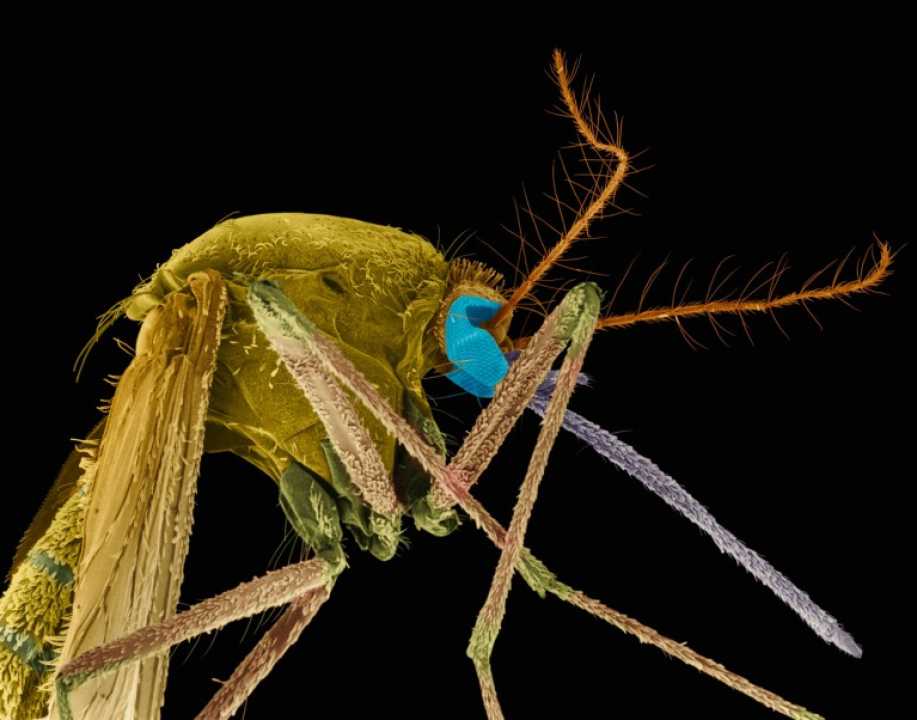Health
Oropouche Virus Cases Reported in the United States

The Oropouche virus, commonly known as “sloth fever,” has recently been reported in the United States, raising health concerns among citizens. On Tuesday, the state confirmed 30 cases of Oropouche fever, all of which are linked to travel from Cuba.
The Centers for Disease Control and Prevention (CDC) stated that at least three of the initial cases in the U.S. required hospitalization. The agency is currently formulating a plan for rapid detection and response to manage the virus effectively.
In a health advisory issued earlier this month, the CDC alerted medical professionals and public health authorities about the surge in the virus. Between January 1 and August 1, 2024, over 8,000 cases of Oropouche virus disease have been reported in various countries, leading to two fatalities and five incidents of vertical transmission, resulting in fetal death or congenital abnormalities.
Currently, there is no evidence of local transmission of the virus within the United States or its territories. Oropouche virus is primarily transmitted to individuals through the bites of infected midges and mosquitoes. The virus circulates in forested regions between mosquitoes and non-human vertebrate hosts, including birds and rodents, which is reflected in its nickname.
The symptoms of sloth fever can resemble those of other mosquito-borne diseases, making it difficult to identify. According to the CDC, prevalent symptoms include fever, chills, headache, muscle pain, and joint pain. Additional symptoms may include light sensitivity, nausea, vomiting, diarrhea, fatigue, rash, and abdominal pain.
Symptoms typically last between two to seven days and may recur after a few days or even weeks. Most individuals recover within a month, although less than 5% may develop severe complications like meningitis, encephalitis, or hemorrhage.
Currently, there are no vaccines or specific treatments for Oropouche virus. The CDC recommends preventive measures against mosquito bites, such as using insect repellent, installing window and door screens, and employing fans when outdoors. It is also advised that pregnant individuals refrain from nonessential travel to areas known to have cases of Oropouche virus, including Cuba and Brazil.












